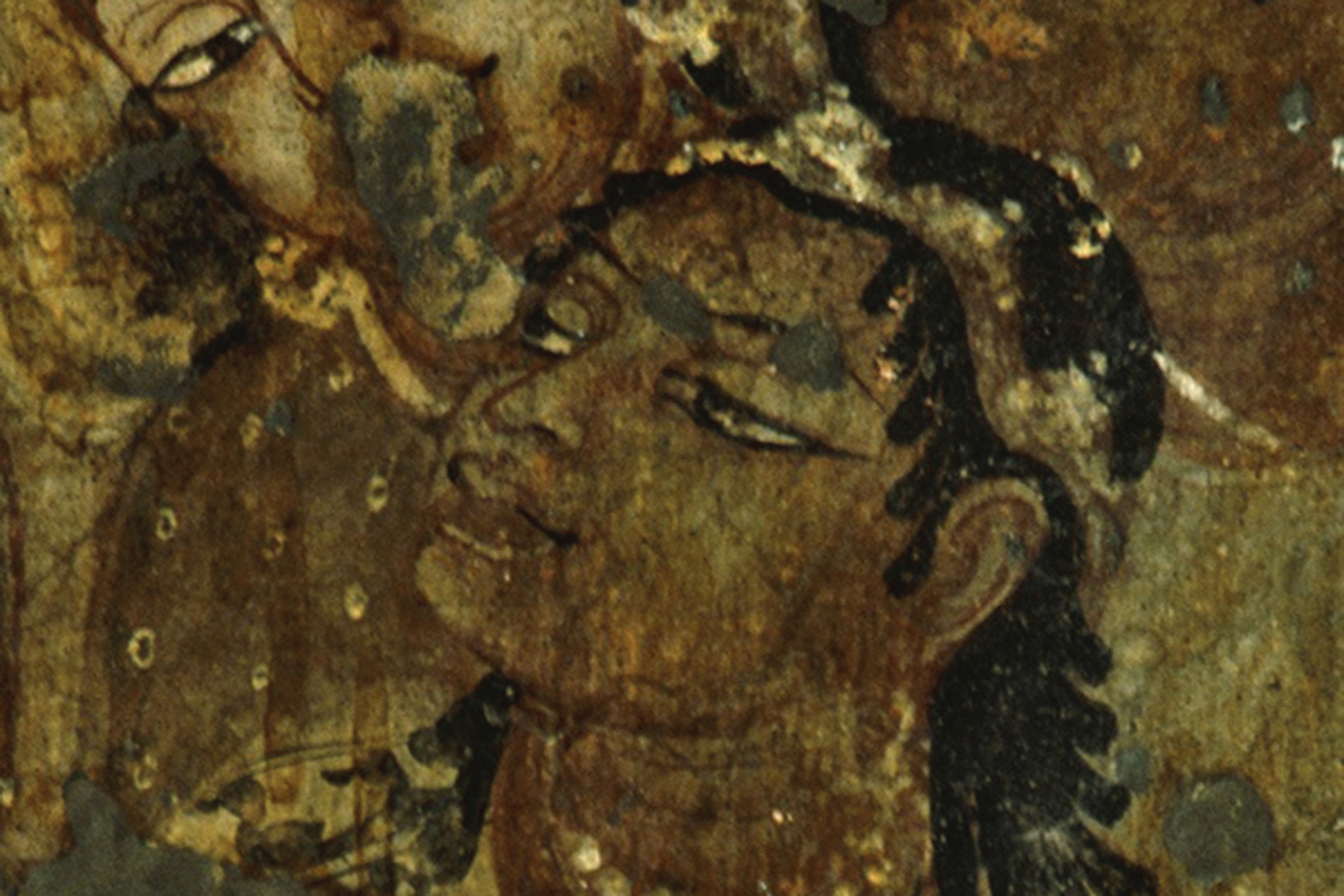Soirée
Parul Dave Mukherji: Rethinking Comparative Aesthetics in Uneven Globalizing Times

In her current research, Parul Dave Mukherji proposes to rethink the methodology of comparative aesthetics and reflect on the shifts that have affected this field since its early inception in newly postcolonial India in mid-20th century. Significantly, it was in the 1950s that comparative aesthetics enjoyed popularity in newly colonized India as a field that was expected to bring to light an alternative knowledge system that the West had overlooked in its desire to colonize.
In fact, in 1965, a special issue of the Journal of Art and Art Criticism was devoted to Oriental (my emphasis) Aesthetics with contributions from leading experts from K. C. Pandey, P. J. Choudhary to Ramendra Kumar from India. Among the Western scholars who took part in this debate were Archie Bahm, Eliot Deutsche and Thomas Munroe. This moment inaugurated a vibrant cross-cultural dialogue on aesthetics.
There is a resurgence of comparative aesthetics in more recent, globalized times but stakes have changed remarkably. Towards the end of 20th century, Oxford University Press has brought out an Encyclopedia of Aesthetics (1998, ed. M. Kelly) with its first entry being on the Kashmiri aesthetician, Abhinavagupta’s contribution. Aesthetics, once overshadowed by the cultural studies turn has once again begun to enter the center stage of many disciplines.
Perhaps the time for a postcolonial critique of Eurocentric aesthetics is over. However, the current global time is not a 'post-post-colonial' moment as the field of study is still not level playing. A more formidable task awaits researchers in the global south of writing critical histories and carrying out rigorous archival research, not in isolation but in critical conversation with the discursive frameworks of the global north.
While comparativism seems to be an inescapable condition of our globalizing world where different cultures are thrown together, it is equally imperative not to valorize it as a given method but question the terms and tools of comparison and explore the asymmetries that inform the field.
Parul Dave Mukherji is professor in Visual Studies at the School of Arts and Aesthetics, Jawaharlal Nehru University, New Delhi, India. She holds a PhD in Indology from Oxford University. Her research interests include global art history, contemporary Asian Art and comparative aesthetics. Her recent publications are InFlux-Contemporary Art in Asia (co-edited), New Delhi: Sage, 2013 and Arts and Aesthetics in a Globalizing World (co-edited), London: Bloomsbury, 2014; "Whither Art History in a Globalizing World", The Art Bulletin, June, vol. XCVI, Number 2, the College Art Association Quarterly, CAA, 151-155, 2014.
She has received fellowships such as the British Academy Fellowship (Goldsmiths College, London) 2011; the Baden-Württemberg (SAI, Heidelberg University) 2013 and Clark Art Institute (Williamstown, MA, USA, 2014).
Parul Dave-Mukherji currently is visiting scholar at the KHI in the department Prof. Wolf.
11 July 2016, 6:30pm
Kunsthistorisches Institut in Florenz
Max-Planck-Institut
Casa Zuccari
Via Giuseppe Giusti 49
50121 Firenze
Notice
This event will be documented photographically and/or recorded on video. Please let us know if you do not agree with the Kunsthistorisches Institut in Florenz using images in which you might be recognizable for event documentation and public relation purposes (e.g. social media).


